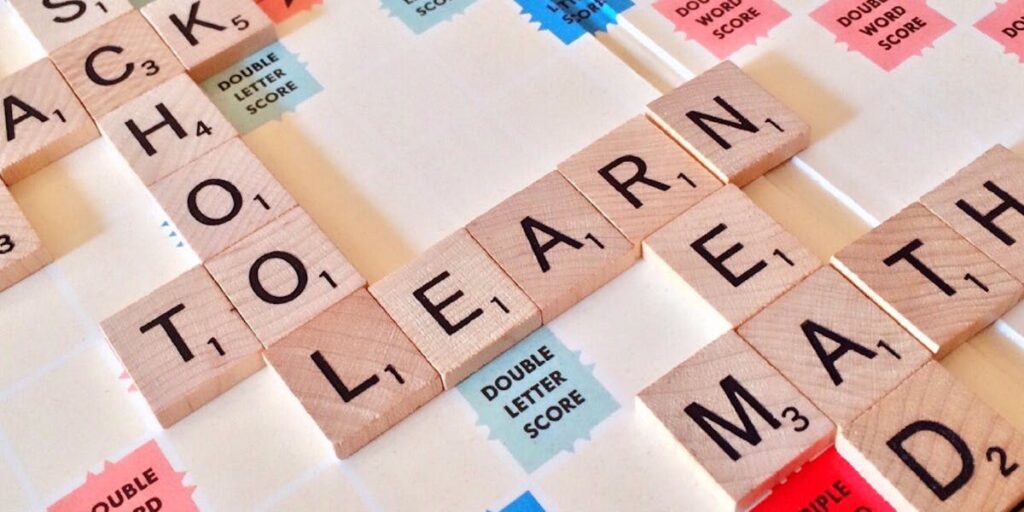What is a Manifestation Determination Review?
When a child who is deemed to have a disability is suspended, a meeting is held to determine if the behavior that caused the suspension was a manifestation of the child’s documented disability. Such a meeting is called a Manifestation Determination Review (MDR). If it is found that the behavior was a manifestation of the child’s disability, the student will be allowed to return to school and the suspension will be removed. Though it may seem straightforward, MDR’s are a formal school proceeding and can have many complicated nuances to them. Any time you are interacting with your child’s school in a formal process, you should have a dedicated and knowledgeable education lawyer by your side to ensure that the education laws in New York State are being followed.
When is a Manifestation Determination Review Held?
There are three circumstances in which an educational institution is required to hold a Manifestation Determination Review. These are as follows:
- A disabled child has been given a suspension of more than 10 days in a row.
- A disabled child has been suspended three (3) or more times within 40 days, and the total suspension days equal 11 or more days within the 40-day period.
- There have been 2 or more suspensions within a school year that equal 11 or more removal days within the school year, and there is a pattern in the behavior that caused the removals.
If there is to be an MDR for your child following suspension, you will receive notice of the date and time of the Manifestation Determination Review on your child’s suspension notice. If your child meets one of the three qualifications above and you have not received a date for an MDR, one of the dedicated special education attorneys at Tully Rinckey can help you ensure your child’s rights aren’t being violated.
What Should You Prepare Before a Manifestation Determination Review?
Prior to attending a Manifestation Determination Review, you should be sure to gather any relevant information about the incident and your child’s disability. These include the child’s IEP or 504 Plan, any evaluations conducted for the IEP or 504 Plan, any documentation regarding the incident and your child’s behavior (incident report, video, statements, progress reports, evaluations, Behavior Intervention Plans (BIPs), Functional Behavioral Assessments (FBAs), etc.), any previous MDR worksheets, and any reports or letters from your child’s care providers. A knowledgeable New York State education attorney can assist with preparing these documents and ensure that all provided evidence and documentation is complete.
Once you have your documentation, start thinking of individuals you might want at the meeting to support you. These include any professionals your child sees outside of the school setting, including therapists, social workers, and doctors. If this individual cannot attend the MDR, they may provide a letter of support to be used as evidence.
It is required that a representative from the school district who is familiar with your child and can interpret their behavior (such as a school psychologist or social worker) be present at the MDR. You (the parent/guardian) are also required to be physically present at the meeting. While not required, it is not uncommon for a parent to bring an education attorney with them to the MDR to advocate for the child’s rights and ensure proper procedures are being followed. In addition, the school may ask other professionals familiar with your child (such as a teacher or paraprofessional) to be present at the meeting.
What Happens During a Manifestation Determination Review?
The sole purpose of a Manifestation Determination Review is to determine whether the behavior that led to a student’s suspension was a behavior manifested by his or her disability. There are two main questions that every MDR team must answer:
- Is there a connection between the behavior that led to the suspension and the child’s disability?
- Did the school follow the child’s current IEP or BIP? If not, did the behavior happen because they were not receiving all the services in the IEP or BIP?
First, the MDR team will review all relevant documents for the proceeding. These include any witness statements about the suspension event, the child’s IEP or BIP, any testimony or letters of support from professionals familiar with the child and their disability, past evaluations performed on the child, any MDRs from previous incidents, and more.
Once the documents are reviewed, the child’s disability class is examined. While your child may have co-presenting disabilities, only 1 of 13 disability classifications may be listed on an IEP. It is important that your child’s school is aware of all your child’s disability behaviors, not just the behaviors related to their IEP disability classification.
Following the examination of disability class and behaviors, the MDR team looks to the specifics of the suspension incident itself, such as the events leading up to the incident. Once both the incident and the child’s disability have been reviewed, the MDR team is tasked with determining if there is a correlation between the incident and the child’s disability. If it is found that there is a connection between the child’s disability and the behavior that resulted in suspension, or if it is found that the school had not been following the child’s IEP, then the suspension incident is ruled to be a manifestation of the child’s disability, and the child should return to their normal daily school routine, with the suspension expunged from their record.
If the MDR team finds that the behavior that led to the suspension was not a manifestation of the child’s disability, the suspension holds, and the child may not return to school until the end of the suspension period. Any child with a disability who is under suspension must still receive special education services from the school. Should your child not receive these services, you should speak with a lawyer to see what the best course of action is.
Should you disagree with the results of the Manifestation Determination Review, you have the right to file a Due Process Complaint. A knowledgeable education attorney can help you draft a letter demanding an expedited hearing. Such hearings occur within 20 school days of the date the request was filed, and a final decision must be reached within 10 days following the hearing.











